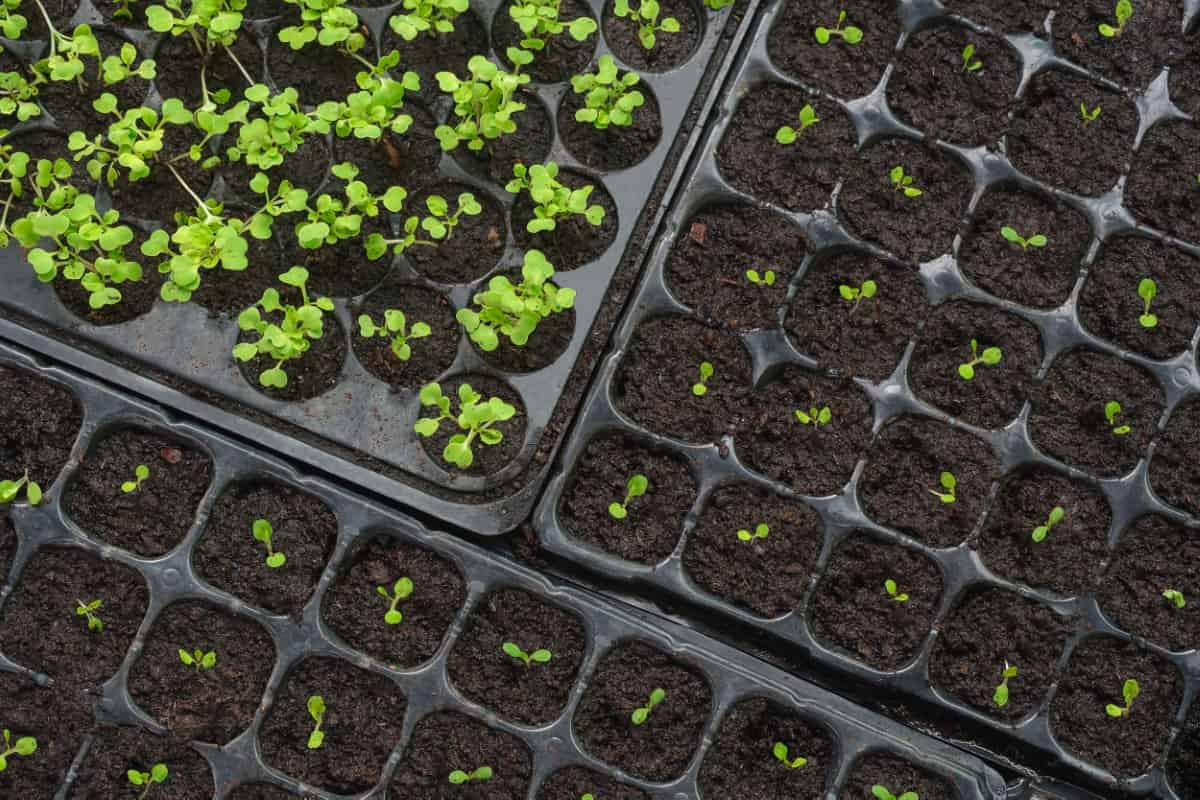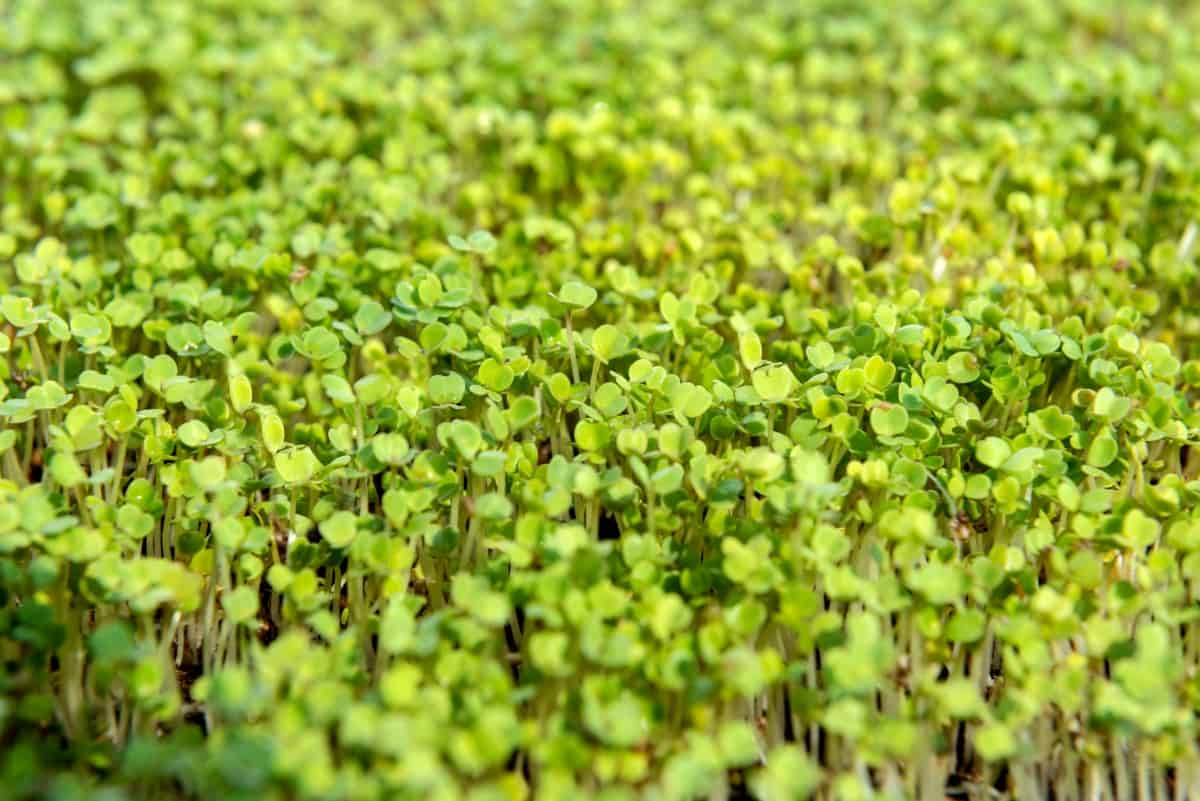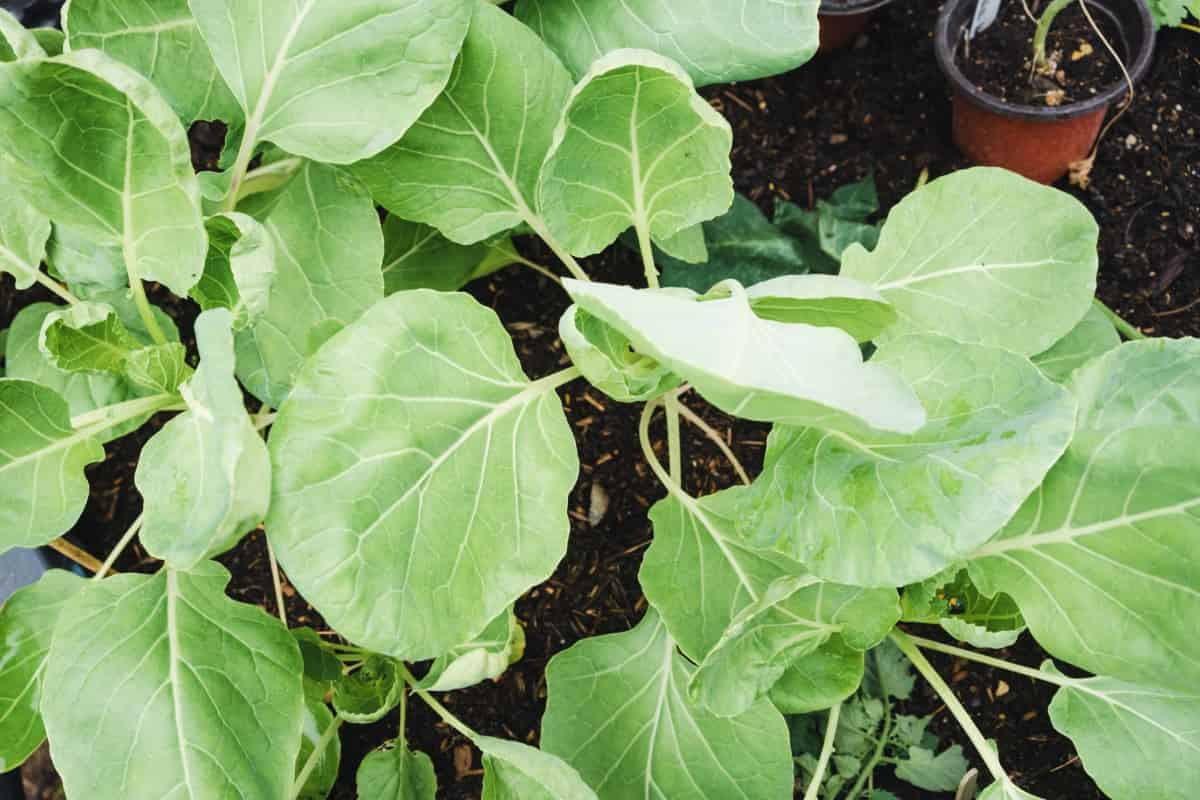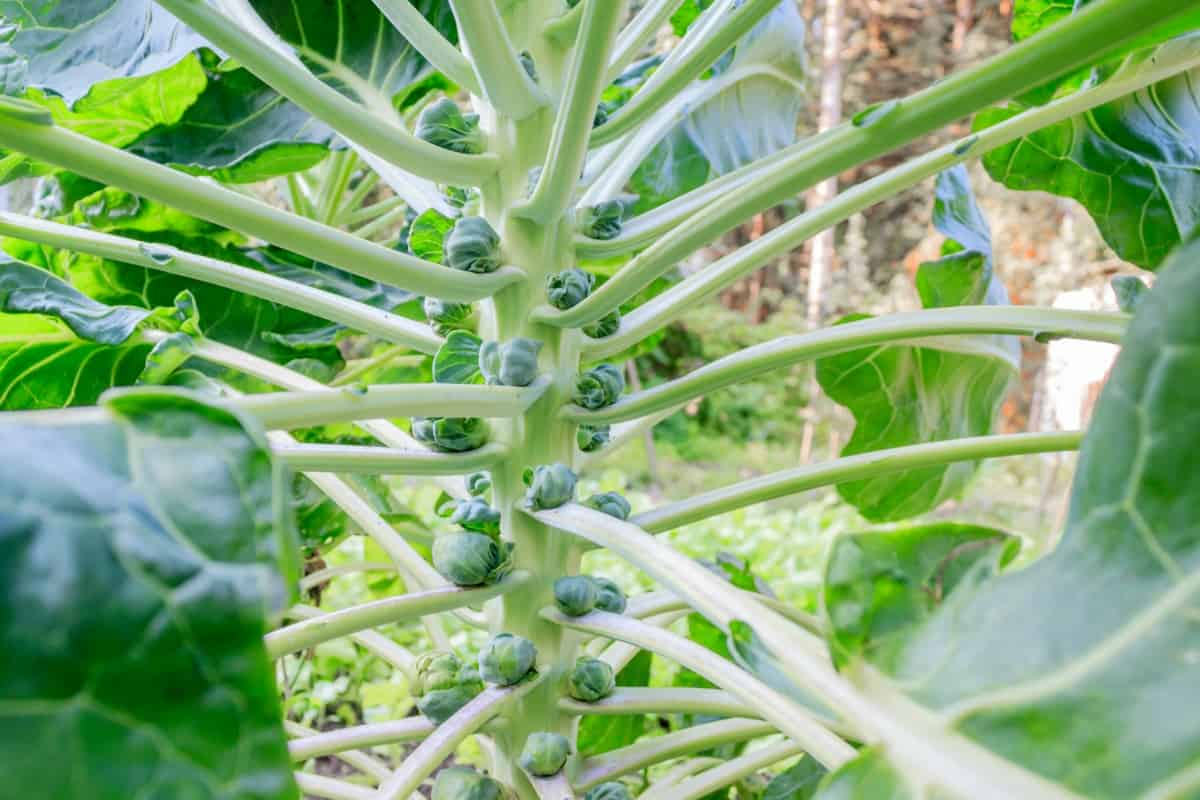Growing Brussels Sprouts from seeds is a rewarding journey, from carefully sowing delicate seeds to nurturing the young plants in the garden. This article guides you through each crucial step, ensuring your Brussels Sprouts thrive from seedlings to harvest.

How to Propagate Brussels Sprouts from Seeds
Understand the Basics of Brussels Sprouts Propagation
Brussels Sprouts, a popular vegetable in many kitchens, can be grown from seeds, and understanding how to propagate Brussels Sprouts from seeds is essential for a successful harvest. This process involves several steps, starting with selecting high-quality Brussels Sprouts seeds.
Knowing how to grow Brussels sprouts from seed indoors is a great skill for gardeners who want to start their plants early in the season. Growing Brussels Sprouts from seeds can be a rewarding experience, as it allows you to observe the entire lifecycle of the plant. It’s important to note that while you can learn how to propagate Brussels Sprouts from seeds in water, this is more of a method for germination rather than long-term growth.
This technique is beneficial for speeding up the germination process. Understanding the basic requirements, such as soil quality, watering needs, and light requirements, is vital for anyone interested in growing Brussels sprouts in pots or a garden setting. Each step in the propagation process is crucial in ensuring a bountiful crop of Brussels Sprouts.
Select the Right Seeds for Propagation
Selecting the right seeds for propagation is critical in growing Brussels Sprouts. The quality of Brussels sprouts seeds directly impacts the growth and yield of your plants. When choosing seeds, it’s important to look for fresh ones and from a reputable source. Seeds with high germination rates are preferable, increasing the likelihood of successful propagation.
Opt for disease-resistant varieties, especially if you’re new to gardening, as they tend to be more forgiving and require less maintenance. Additionally, consider your area’s climate and growing conditions when selecting seeds. Some varieties of Brussels Sprouts are better suited for certain climates than others. You can set the foundation for a healthy and productive Brussels Sprouts garden by choosing the right seeds.
Prepare the Seed Starting Mix
Preparing the seed starting mix is essential in propagating Brussels Sprouts from seeds. The right soil mix can significantly impact the success of your seedlings. For Brussels Sprouts, a lightweight, well-draining soil mix is ideal. You can create your mix by combining peat moss, vermiculite, and perlite in equal parts or purchase a pre-made seed starting mix from a garden center.
Make sure the mix is free from pests and diseases and is slightly moist before sowing the seeds. A good seed starting mix provides the necessary support and nutrients for the young Sprouts, helping them develop strong roots and healthy foliage.
Sow the Brussels Sprouts Seeds
Sowing the Brussels sprout seeds is a delicate process that requires care and precision. Start by filling your pots or trays with the prepared seed starting mix, leveling the surface without compacting the soil. Sprinkle the Brussels Sprouts seeds evenly across the soil, ensuring they are not too crowded.
In case you missed it: How to Prepare the Soil and Plant Brussels Sprouts

A general rule is to sow seeds at a depth approximately twice their size, so for Brussels Sprouts, this would be about 1/4 to 1/2 inch deep. After sowing, gently cover the seeds with a thin layer of soil. Water the soil lightly but thoroughly, ensuring it is moist but not soggy. Labeling the pots or trays can be helpful, especially if planting multiple varieties. Properly sown seeds are crucial for optimal growth, so take your time with this step to ensure your Brussels Sprouts get the best start possible.
Provide Optimal Growing Conditions for Seed Germination
Providing optimal growing conditions for seed germination is vital for the success of your Brussels Sprouts. The seeds need a warm and moist environment to germinate effectively. For optimal growth, Brussels Sprouts thrive in a temperature range of 65-75°F (18-24°C). If you’re cultivating Brussels Sprouts from seeds indoors, contemplate employing a heating mat to uphold a steady temperature. It’s crucial to keep the soil consistently damp, but avoid overwatering, as excessive moisture can lead to seed rot.
Light is not crucial for germinating Brussels Sprouts seeds, but they will need plenty of light once they sprout. If natural light is insufficient, especially when growing indoors, use grow lights to provide the necessary light intensity. Seedlings typically need about 12-16 hours of light per day. Good air circulation is also important to prevent fungal diseases. Providing these optimal conditions encourages healthy germination and sets the foundation for robust Brussels Sprouts plants.
Transplant Seedlings to Larger Containers
This step gives the growing plants more room for root development. Gently remove each seedling from its initial container, carefully not damaging the fragile roots. Transplant them into larger pots filled with a high-quality potting mix. This mix should be nutrient-rich to support the growing plants. After transplanting, water the seedlings thoroughly to help settle the soil around the roots. Place the containers where the seedlings receive adequate light and maintain a consistent watering schedule.
Harden Off the Seedlings
Hardening off the seedlings is essential to prepare them for outdoor conditions. It involves gradually exposing the Brussels Sprouts seedlings to outdoor temperatures and sunlight over a week or two. Start by placing the seedlings outside in a sheltered, partially shaded area for a few hours each day, gradually increasing their time outdoors.
In case you missed it: Utilizing Cover Crops in Brussels Sprouts Farming Systems

This process helps the plants adjust to the garden’s wind, sun, and temperature fluctuations. It’s important to avoid extreme temperatures and direct sunlight initially, as these can stress the young plants. By the end of the hardening-off period, the seedlings should be ready to withstand the full sun and varying weather conditions of the outdoor environment, making them stronger and more adaptable.
Plant Seedlings in the Garden
Planting seedlings in the garden is the next step after they have been hardened off. Select a sunny location in your garden, ensuring that the plants get at least 6 hours of sunlight every day. Brussels Sprouts thrive in well-draining soil with a pH level ranging from 6.0 to 7.5. Enhance soil fertility by incorporating compost or thoroughly decomposed manure. When planting the seedlings, maintain the same depth they had in their containers, and space them approximately 18-24 inches apart to accommodate their growth.
After planting, thoroughly water the seedlings to help the soil settle around their roots. Utilizing mulch around the plants can aid in retaining soil moisture and preventing weed growth. This stage is crucial for the transition of the Brussels Sprouts from controlled indoor conditions to a natural outdoor environment.
Care for Young Brussels Sprout Plants
Caring for young Brussels sprout plants is vital for their development and yield. Water the plants regularly to maintain consistent soil moisture; Brussels Sprouts prefer evenly moist soil. Prevent excessive watering, as it may cause root diseases. Use a well-balanced, slow-release fertilizer according to the product’s guidelines to supply the required nutrients.
In case you missed it: Best Practices to Increase Brussels Sprouts Yield: Simple Techniques for High Production

Monitor for pests like aphids and caterpillars, which are common in Brussels Sprouts. Implement organic pest control methods if needed. As the plants grow, provide support to prevent them from toppling over if necessary. Regularly check the plants for signs of disease or stress and address any issues promptly. Proper care ensures your Brussels Sprouts grow healthy and produce a bountiful harvest.
Conclusion
Successfully growing Brussels Sprouts from seeds to thriving garden plants requires patience, care, and attention to detail. By following these steps, you’re well on your way to enjoying a bountiful harvest of this nutritious and delicious vegetable.
- Feed Your Flock for Less: Top 10 Tips to Save on Chicken Feed
- Ultimate Guide to Ossabaw Island Hog: Breeding, Raising, Diet, and Care
- Hatching Answers: The Top 10 Reasons Your Chickens Aren’t Laying Eggs
- Eggs and Economics: Breaking Down the Cost of Raising Backyard Chickens
- Defend Your Greens: Proven Methods to Keep Iguanas Out of Your Garden
- Ultimate Guide to Cinnamon Queen Chicken: A Comprehensive Guide for Beginners
- Ultimate Guide to California Tan Chicken: Breeding, Raising, Diet, Egg-Production and Care
- Ultimate Guide to Marsh Daisy Chicken: Breeding, Raising, Diet, and Care
- 10 Types of Chicken Farming Businesses You Can Start for Profits